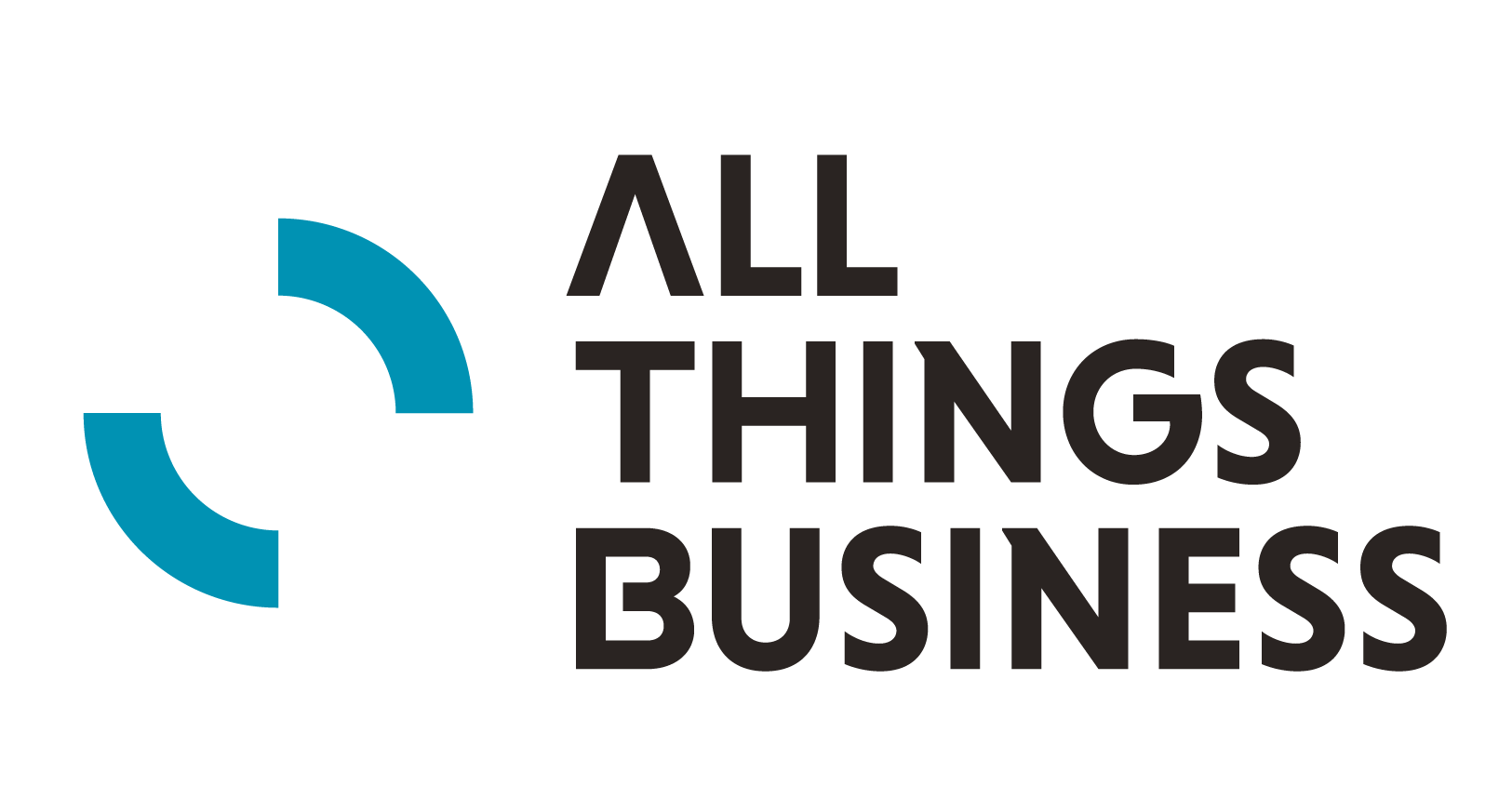It is estimated that more than 48% of businesses in the UK do not have a succession plan in place. Here, I’d like to offer some insight and advice for business owners looking into selling a business, the process, and highlighting key aspects to be mindful of.
When a business is sold, there are two methods for establishing a sale structure: share purchase or asset purchase.
A share purchase involves acquiring the entire company by way of its share capital, including all assets and all liabilities. Therefore, it is crucial that thorough due diligence be conducted. An asset purchase allows the cherry-picking of assets. The buyer selects assets and liabilities it wishes to purchase through negotiation, leaving unpurchased items under the seller’s ownership. Due diligence remains essential.
Best practice and top tips
Seeking legal and financial counsel is recommended from the outset to determine the best method of selling a business for your specific needs. For instance, whilst a share sale can be beneficial from a tax perspective, it can pose greater risks and incur higher legal costs for both parties compared to an asset purchase. Depending on the transaction size and complexity, considering appointing a corporate finance advisor to assist with valuing your business, marketing it for sale and negotiating deal terms is wise.
Heads of Terms and Confidentiality
After finding a buyer and agreeing terms, the first step in selling a business is to formalise these in a ‘heads of terms’ agreement, which outlines the intentions of both parties. Heads of terms are typically non-binding, with a few exceptions. They serve to focus negotiations on key issues and discourage attempts at renegotiation. Different types of binding provisions include:
- Exclusivity: This clause prohibits negotiations with third parties for a set duration.
- Confidentiality: Parties are obligated to keep deal terms and shared information confidential. This is sometimes achieved through a separate comprehensive confidentiality agreement (or NDA).
- Costs: Each party covers their own expenses.
Completion and post-completion
Similar to a house purchase, transactions can exchange and complete separately or simultaneously. At exchange, parties are legally obliged to complete the sale, though this may have certain conditions outlined in the main transaction document. Completion finalises the transaction, with sellers typically receiving proceeds based on agreed terms. Several filings at Companies House are usually required post-completion. For share sales with a purchase price over Åí1,000 the buyer pays stamp duty to HMRC at a rate of 0.5% of the purchase price.
Due diligence
Due diligence involves thorough investigations before entering into legally binding agreements. It provides crucial information for buyers to assess risks and make informed decisions. The due diligence process typically informs the disclosure process, which is vital to safeguard the seller(s) after the transaction is completed.
Documentation
The main transaction document can be an Asset Purchase Agreement or a Share Purchase Agreement, depending on the sale structure. It typically includes provisions covering; purchase price and payment mechanism, completion mechanics, warranties, restrictive covenants on the sellers and, for Share Purchase Agreements only, a tax covenant.
When selling a business, it’s best advised to instruct a solicitor or legal expert to secure specialist knowledge.
For more information on corporate law visit: www.lawblacks.com
Hayley Blackburn – Associate Chartered Legal Executive Corporate Law Blacks Solicitors

